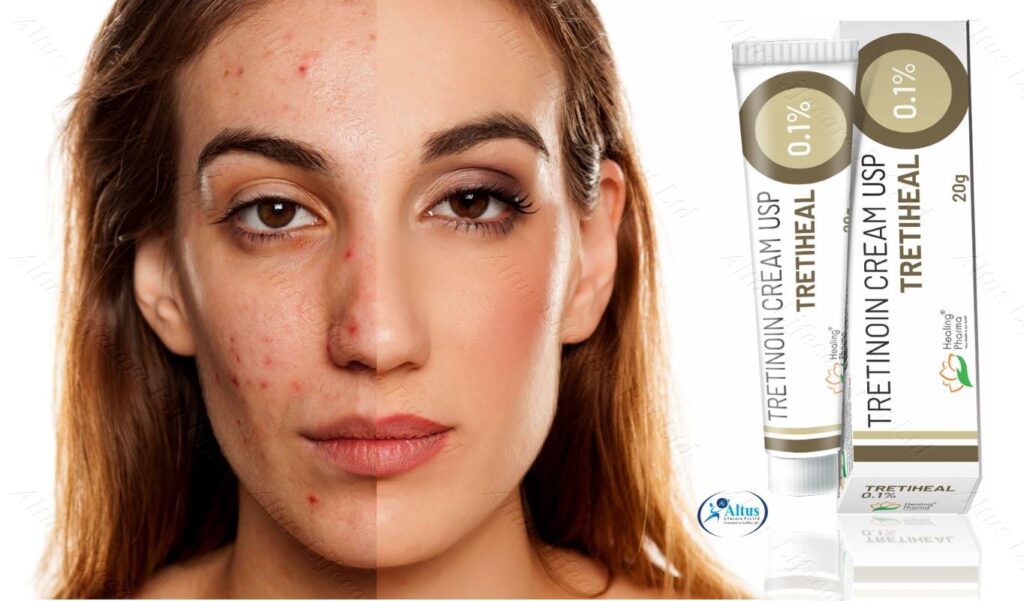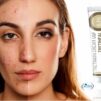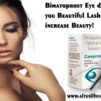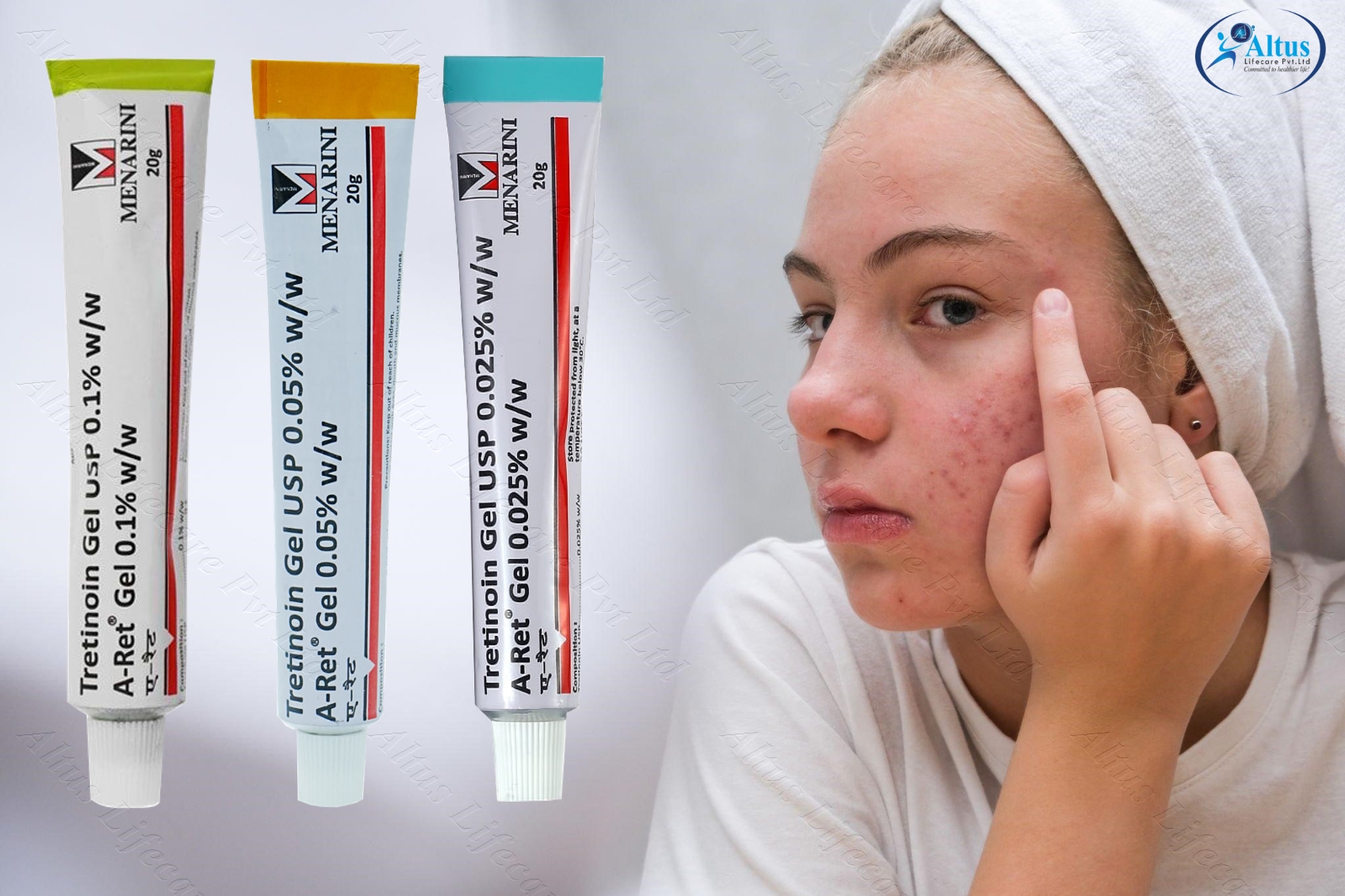
Combatting Pimple Scars: Tretinoin Cream’s Advantage
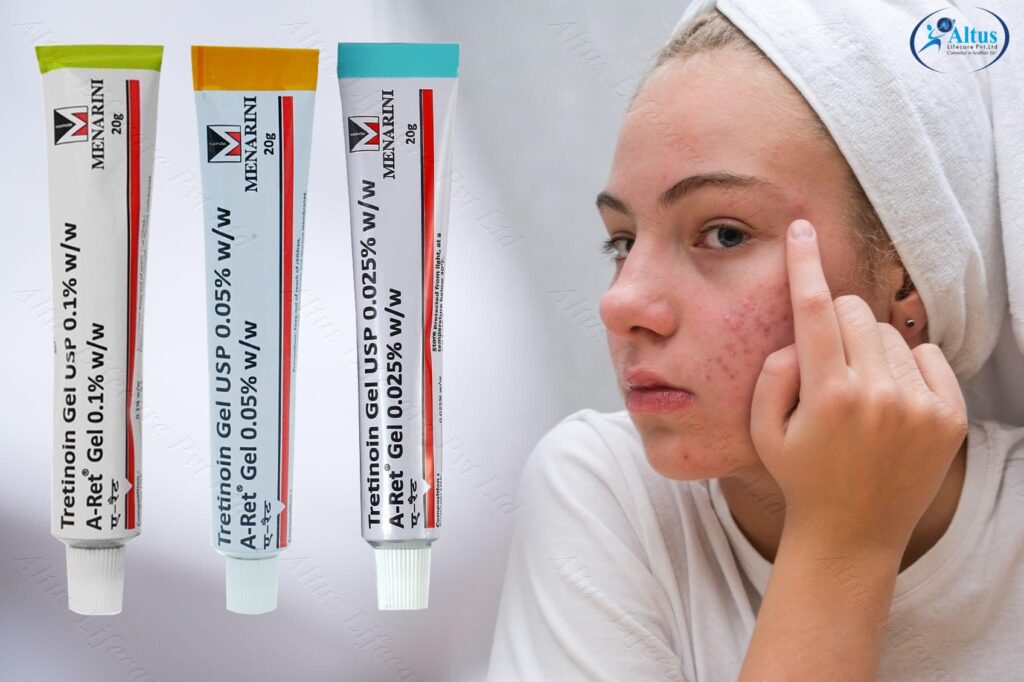
In a world where appearances matter more than ever, having clear and flawless skin is a goal many aspire to achieve. Acne, a common skin condition, pimples on face, can often stand in the way of flaunting that flawless face. However, fear not, as the world of skincare and dermatology is constantly evolving, bringing forth groundbreaking innovations in acne treatment. In this article, we will explore the latest advancements that can help you achieve the radiant complexion you’ve always desired.
Understanding Acne: A Brief Overview
Before delving into the latest innovations in acne treatment, let’s briefly understand what acne is and why it occurs. Acne is a skin condition characterized by the presence of pimples, blackheads, whiteheads, and sometimes even painful cysts. It typically occurs when hair follicles become clogged with oil and dead skin cells, leading to the growth of bacteria.
The Power of Topical Retinoids
One of the most significant breakthroughs in acne treatment comes from the use of topical retinoids. These vitamin A derivatives have proven to be highly effective in treating acne by unclogging pores and reducing inflammation. Popular options like tretinoin and adapalene are readily available and have shown remarkable results in improving skin texture and preventing breakouts.
Laser and Light Therapies
Advancements in laser and light therapies have revolutionized the way we treat acne. These treatments work by targeting the bacteria responsible for acne, reducing oil production, and promoting collagen growth. Additionally, they can help in fading acne scars, leaving your skin looking smoother and more rejuvenated.
Personalized Skincare Routines
In the era of customization, skincare is no exception. Dermatologists now offer personalized skincare routines tailored to your specific skin type and acne severity. This approach ensures that you receive the most effective treatments and products, leading to quicker and more visible results.
The Role of Chemical Peels
Chemical peels have been around for some time, but recent advancements have made them even more effective in treating acne. These peels work by removing the top layer of skin, which not only helps in reducing acne but also improves skin tone and texture. They are available in various strengths, allowing dermatologists to customize the treatment to your needs.
The Promise of Antibiotics and Hormonal Therapies
For those with severe acne, antibiotics and hormonal therapies continue to be valuable options. Antibiotics combat the bacteria causing acne, while hormonal therapies help balance hormone levels, which can be a major contributor to breakouts. Dermatologists can prescribe these treatments when necessary, ensuring a comprehensive approach to acne management.
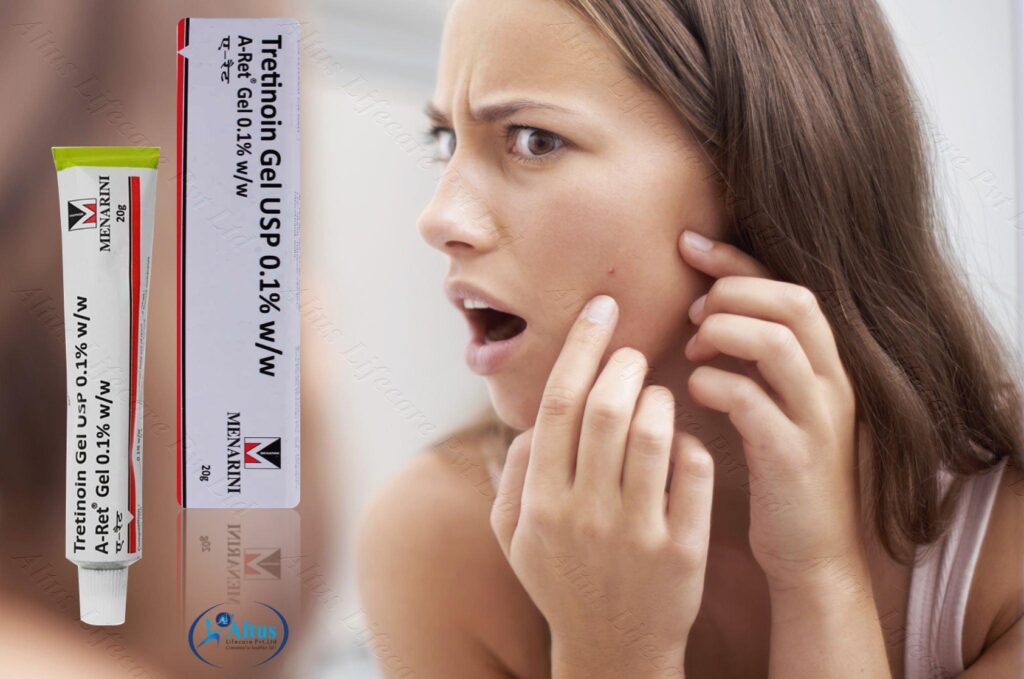
Conclusion
In the pursuit of flawless skin, staying updated with the latest innovations in acne treatment is essential. From topical retinoids to advanced laser therapies and personalized skincare routines, there are now more options than ever to combat acne and achieve the flawless face you desire. Remember that consulting a dermatologist is crucial for determining the best treatment plan for your unique skin type and concerns. With the right approach and these innovative treatments, you’ll be well on your way to flaunting your flawless face with confidence.
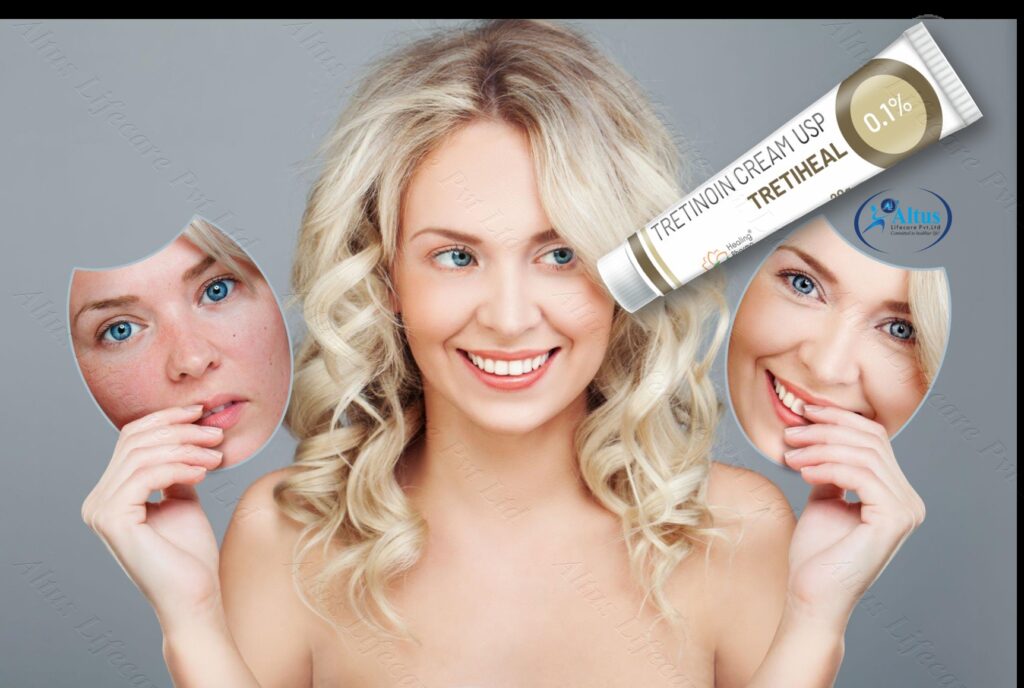
FAQ:
1. What is acne, and why is it a common skin concern?
Acne manifests as a dermatological concern when the blockage of hair follicles by a combination of oil and deceased skin cells takes place. It often leads to pimples, blackheads, and whiteheads. Acne is common, affecting people of all ages, and can have a significant impact on self-esteem.
2. How do I know if I have acne, and when should I seek treatment?
Acne typically presents as red, inflamed bumps or pus-filled pimples on the face, chest, and back. If you have persistent or severe acne that doesn’t respond to over-the-counter treatments, it’s advisable to consult a dermatologist for a proper evaluation and treatment plan.
3. What are the latest innovations in acne treatment?
In recent years, there have been several exciting developments in acne treatment, including:
Topical Retinoids: New formulations of topical retinoids are more effective and less irritating, promoting skin cell turnover and reducing acne.
Oral Medications: Advances in oral antibiotics and hormonal therapies have improved acne management.
Laser and Light Therapies: Innovative laser and light treatments target acne-causing bacteria and reduce inflammation, offering non-invasive options for acne control.
Personalized Treatment Plans: Dermatologists can now tailor treatments to an individual’s skin type and specific acne triggers.
4. Are there any breakthrough treatments on the horizon?
Research into acne treatment is ongoing, and while there are no guaranteed breakthroughs, promising avenues include the development of vaccines targeting acne-causing bacteria and further refinements in personalized skincare regimens.
5. Are these innovations suitable for all skin types and ages?
Most of the latest innovations in acne treatment can be adapted for various skin types and ages. However, it’s crucial to consult a dermatologist to determine the best approach for your specific needs and skin characteristics.
6. Are there any potential side effects or risks associated with these treatments?
The treatment method selected can influence the range of potential side effects that may occur. Common side effects may include dryness, redness, and skin sensitivity. It’s essential to discuss potential risks and side effects with your dermatologist before starting any treatment.
7. Can I combine different acne treatments for better results?
In some cases, combining different treatments can be more effective for severe or persistent acne. However, this should only be done under the guidance of a dermatologist, as they can determine the best combination of treatments based on your individual needs.
8. How long does it typically take to see results from these innovations in acne treatment?
The timeline for seeing results can vary depending on the treatment chosen and the severity of your acne. Some treatments may show improvements in a few weeks, while others may take several months. Your dermatologist will provide guidance on what to expect.
9. Is it possible to prevent acne from returning after successful treatment?
Preventing acne recurrence often involves long-term skincare routines, lifestyle adjustments, and regular follow-up appointments with your dermatologist. They can help you develop a maintenance plan to keep your skin clear.
10. Where can I find more information on the latest innovations in acne treatment?
Stay informed by consulting reputable dermatology websites, attending dermatology conferences, and scheduling appointments with a dermatologist who can provide the most up-to-date information and personalized guidance on acne treatment options.
Remember that individual experiences with acne treatment may vary, so it’s essential to consult a healthcare professional for tailored advice and a treatment plan that suits your unique needs.
Access Now: Beauty & Skin Care – Worldclass Tretinoin
